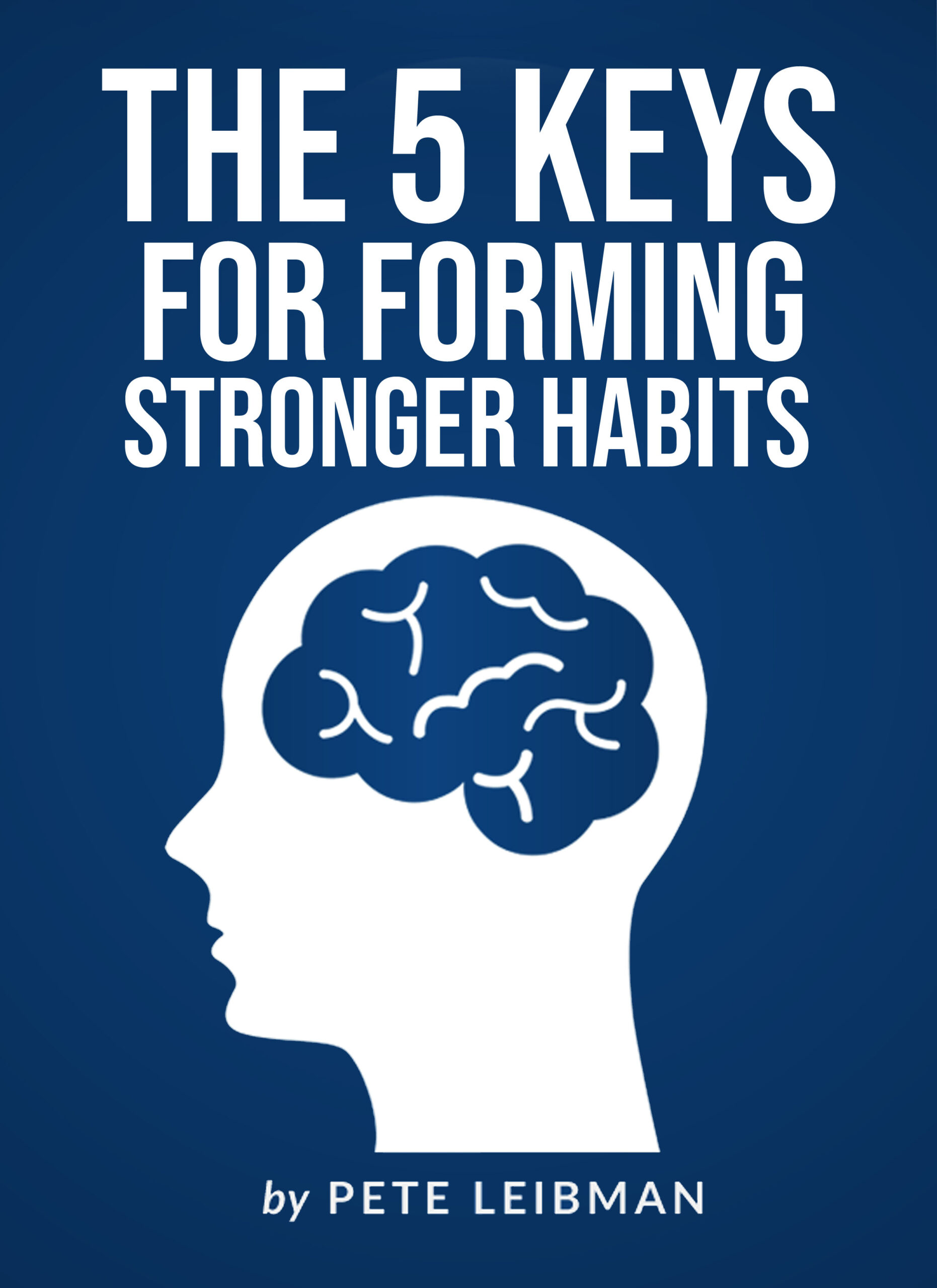I once viewed the web site for an employer based in the Washington, D.C. area. Their Careers page described their mission, values, and culture and highlighted their “Employee Perks.” It said that all employees had access to a fully stocked kitchen with fresh fruit and healthy snacks. The page also said the company provides Doritos, cookies, and other treats “because it’s all about balance.”
The Connection Between “Balance” and Bad Habits
Many people think about “balance” the wrong way. They use “balance” as an excuse for supporting or indulging in bad habits. As noted above, some people think you need to eat junk food to balance out eating healthy. This mentality shows up in other ways too.
As another example, a friend once told me that he works long hours during the week. Then, he stays up late drinking alcohol on the weekends. Why? He told me it’s because he believes in balance.
Another one of my friends likes to run during the week. Then, he spends most of his weekends on his couch watching television. Why? He told me it’s because he believes in balance.
The habits vary in the examples noted above. However, the mindset is the same. With this line of thinking, being healthy is a chore. In order to achieve greater “balance,” you need to eat junk food, drink alcohol, spend time on the couch watching television, and so on. This philosophy is backwards.
Being healthy is one of the greatest gifts that you can give yourself. It’s the foundation for a quality life and a stronger body and brain. The stronger and healthier you are, the better you handle pressure and setbacks. You are much less likely to end up out of balance.
Can You Ever Indulge?
You don’t need to live like a monk. That’s not the point here.
You can eat junk food, drink alcohol, watch television, and engage in other unhealthy or unproductive behaviors occasionally if you want. However, recognize these activities for what they really are. They are short-term indulgences that add no long-term value. They do not help you recharge your batteries, reduce stress, or achieve more “balance” in your life. When performed repeatedly, they have the opposite impact. Too much of these behaviors will make you more tired, more stressed out, and less balanced.
Summary and Final Thoughts
If you want more balance in your life, focus on activities that add long-term value and have no negative side effects. Here are some examples:
- Spending quality time with friends and family
- Volunteering for good causes
- Participating in enriching hobbies
- Spending time in nature
- Going for leisurely walks
- Reading
- Disconnecting from technology
- Meditating
- Stretching and doing yoga
Many people think about “balance” the wrong way. Unhealthy or unproductive behaviors are not the way to achieve more balance in your life.
P.S. If you enjoyed this article, check out my free 40-page eBook and newsletter below.

Free eBook and Newsletter
Download my free 40-page eBook on “The 5 Keys for Forming Stronger Habits.”
You’ll also receive my free weekly newsletter on how to become your strongest self.
Your email is safe. Unsubscribe anytime.
About the author: Pete Leibman is the Creator of StrongerHabits.com. He is a best-selling author, keynote speaker, executive recruiter, athlete, and peak performance coach. His work has been featured on Fox News, CBS Radio, and CNNMoney.com, and over 500,000 people across the world have read his articles.

